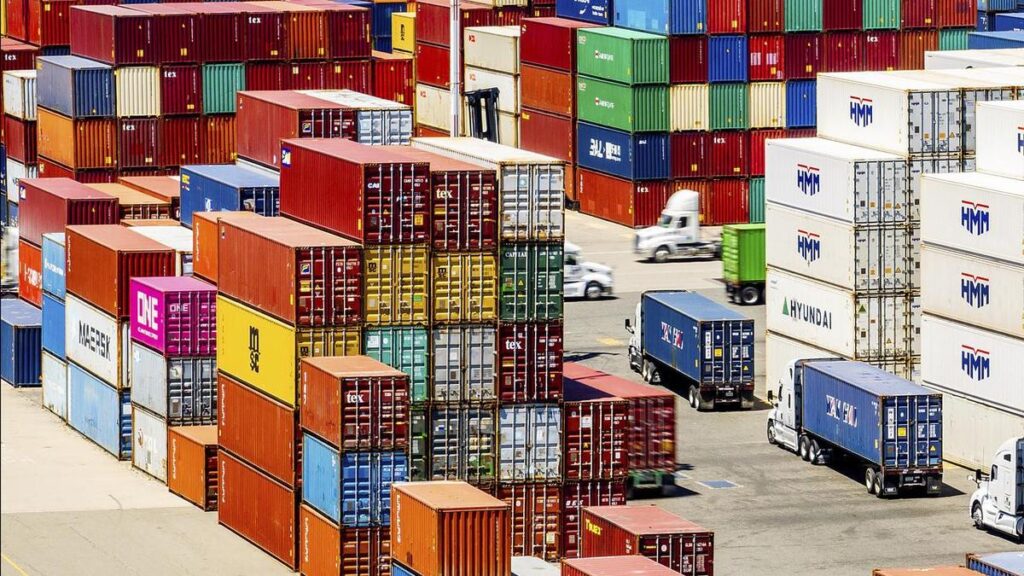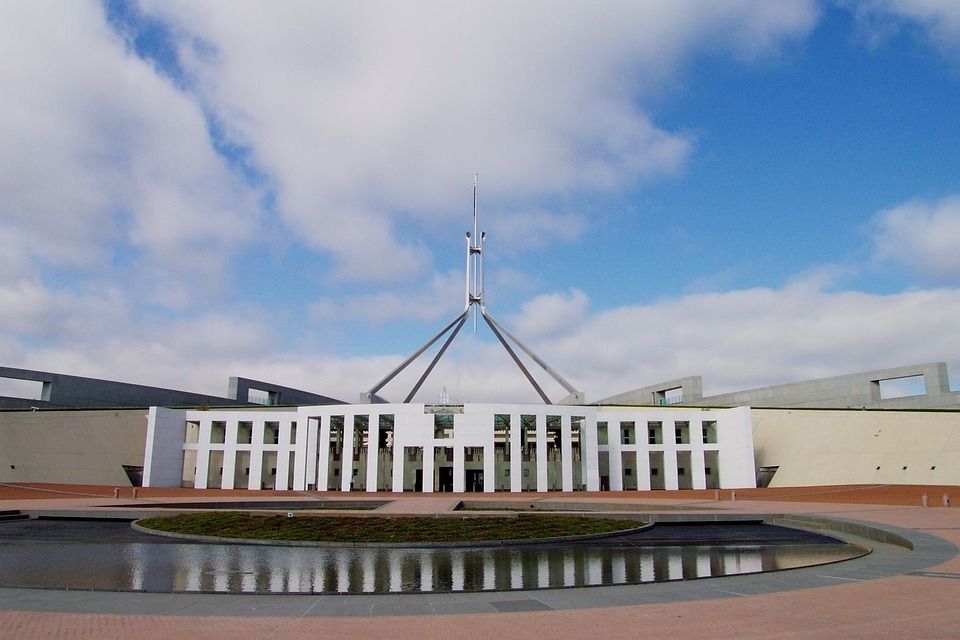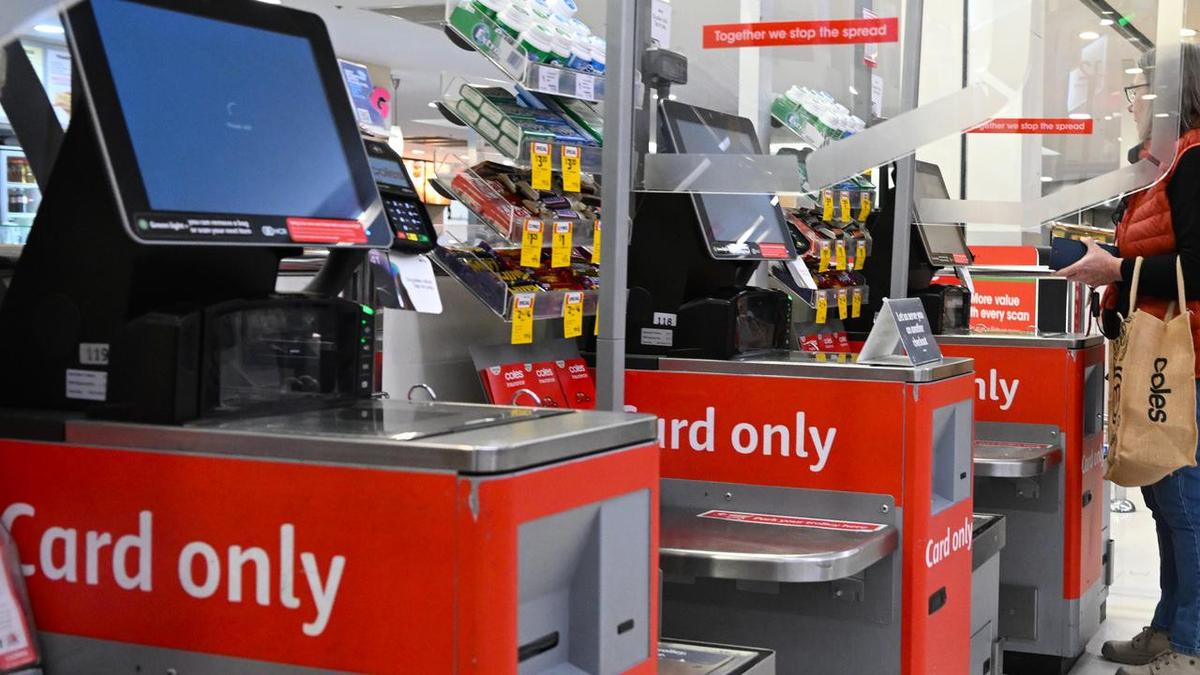
URGENT UPDATE: Global stock markets are in free fall following President Donald Trump’s announcement of sweeping new tariffs on dozens of trading partners. As these tariffs take effect on August 7, 2023, the economic landscape is shifting drastically, leaving countries and companies scrambling to adjust.
Trump’s latest tariff measures, which include a staggering 39% tariff on Swiss goods, a 25% tariff on Indian exports, and a 35% duty on Canadian imports, aim to reorder the global economy with the highest rates seen since the early 1930s. Analysts at Capital Economics estimate the effective U.S. tariff rate will soar to about 18%, up from just 2.3% last year.
This sudden escalation of trade tensions has sent U.S. stocks tumbling. As of Friday afternoon, the Dow Jones Industrial Average plummeted 1.46% to 43,486.45, while the S&P 500 fell 1.8% to 6,225.55 and the Nasdaq Composite dropped 2.42% to 20,610.91. The declines come on the heels of disappointing job growth data, raising concerns over a potential economic slowdown.
Countries worldwide are reacting swiftly. Following the tariff announcement, Switzerland expressed shock and is seeking urgent negotiations with the U.S. to mitigate the impact. India’s trade officials are also in talks to address the $40 billion worth of exports potentially affected by the new 25% tariff rate.
“The trade deals we’ve seen over the last few weeks… have been nothing short of monumental,”
said Stephen Miran, Chair of the Council of Economic Advisers, defending Trump’s strategy, which he claims is designed to leverage better deals.
Meanwhile, Brazil faces a 50% tariff, and Taiwan has been imposed a 20% rate, which it hopes will be temporary. Australian products, however, may gain a competitive edge in the U.S. market, as the minimum tariff is set at 10%.
The European Union, which recently negotiated a framework deal with the Trump administration, remains on edge, awaiting further clarity on tariffs affecting cars and aircraft. EU officials are concerned that the latest orders do not align with previously agreed terms.
In South Africa, Trade Minister Parks Tau is pursuing “real, practical interventions” to protect jobs and the economy from the looming 30% U.S. tariff. In Southeast Asia, countries are breathing a sigh of relief as tariffs imposed are lower than expected, leveling the playing field across the region.
The impact on U.S. businesses and economic growth is expected to be negative. Experts warn that there are “no real winners in trade conflicts.” Thomas Rupf, co-head of Singapore and CIO Asia at VP Bank, stated, “Despite some countries securing better terms, the overall impact is negative.”
As markets react and countries scramble for solutions, the world watches closely for further developments. The uncertainty surrounding Trump’s trade policies underscores a complex and evolving economic landscape that could reshape global trade relations for years to come.







